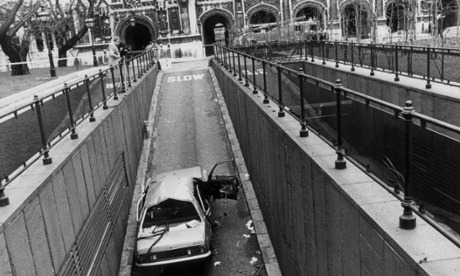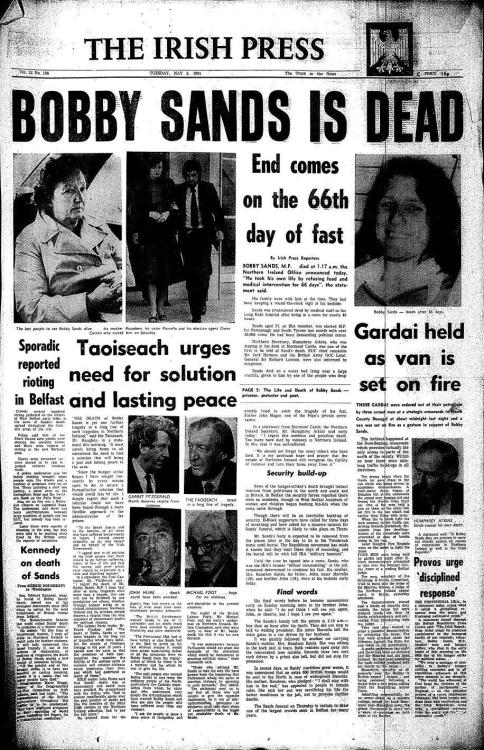#irish republican army

Assortment of early 1980s Irish Republican postcards now in my possession
March 30th 1979: Airey Neave killed
On this day in 1979, the Shadow Secretary for Northern Ireland Airey Neave was assassinated by a car bomb aged 63. Neave was elected as a Conservative Member of Parliament for Abingdon in 1953, and in the mid 1970s helped lead the effort to install Margaret Thatcher as party leader. At the time of Neave’s death, the Conservatives were the opposition party to the Labour government of James Callaghan but the Conservatives were poised to win the upcoming election, which would have elevated Neave to the cabinet. Neave was known for his tough, anti-IRA policies, which invoked the ire of republican paramilitary groups in Northern Ireland. As the politician was leaving the House of Commons car park, a bomb attached to his car exploded, and he subsequently died from his injuries. The noise from the explosion could be heard in the Commons, which led to a suspension of proceedings as MPs rushed to the windows to see what had happened. The Irish National Liberation Army claimed responsibility for the murder. The incident occurred at the height of the Troubles, which saw conflict in Northern Ireland over the country’s relationship to Britain.
Post link
23-year-old Bobby Sands was convicted of illegal gun possession and sent to prison in 1977. He had been a member of the Provisional IRA (Irish Republican Army) since he was 18 and had already served 3 years in prison (also for the possession of illegal guns).
Sands and other IRA prisoners demanded that they be treated as political prisoners and not as criminals. They issued a number of demands (including the right not to wear a prison uniform, right not to do prison work, the right to associate with other prisoners, and the right to receive one visitor a week) and in March 1981 began a hunger strike. Sands was the first to go on strike, with 22 others joining at planned intervals (which they thought would maximize the publicity and protect each striker from ending his strike to save the life of another).
In April, Sands was elected to Parliament (the youngest ever). The British government quickly passed a law banning prisoners from being candidates.
Prime Minister Margaret Thatcher refused to negotiate with the hunger strikers, and the Secretary of State for Northern Ireland stated, “If Mr. Sands persisted in his wish to commit suicide, that was his choice.”
After 66 days without food, Bobby Sands died on 5 May 1981. Rioting broke out in Northern Ireland. More than 100,000 people attended Sands’ funeral. Thatcher responded by saying, “Mr. Sands was a convicted criminal. He chose to take his own life.“
By the time the hunger strikes ended on 3 October, 9 people had died. All but one of the prisoners’ demands (the right not to do prison work) had been granted.
The 7 months of the hunger strike was one of the deadliest in Northern Ireland, and Sands’ death increased recruitment in the Provisional IRA.
Post link
Uniform of the Irish Volunteer Cavalry Corps dated to around 1916 on display at the National Museum of Ireland-Decorative Arts and History in Dublin
Photographs taken by myself 2017
Post link





